Keywords: Religious Media
There are more than 200 results, only the first 200 are displayed here.
-
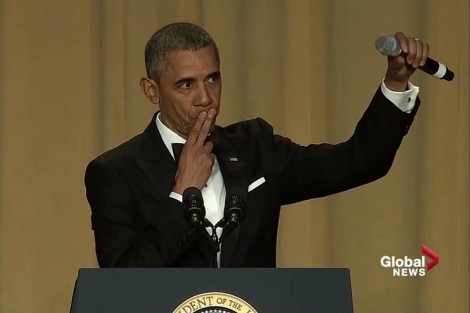
INTERNATIONAL
- Andrew Hamilton
- 18 January 2017
12 Comments
In an otherwise sombre start to the year Barack Obama's final speech has been a shining light. He celebrated what he saw as the successes of his administration without sneering at his political opponents. He spoke graciously and decently, and evoked hope for the future. Obama is right in insisting that empathy is the necessary starting point for reconstructing a broken economic framework. It enables a global perspective from which the good of individuals and groups is set within the flourishing of the whole community, and especially the most disadvantaged.
READ MORE 
-

RELIGION
- Irfan Yusuf
- 14 December 2016
2 Comments
Some of my South Asian 'aunties' are very much opposed to wearing any religious head covering. Mum has only recently started wearing a tiny Egyptian number she picked up during her last Haj. Like many South Asians, she has become a bit more religiously observant as she gets older. She grew up in the Indian university town of Aligarh, some 140km South East of Delhi. Aligarh was a very conservative town, and her father, a professor at the local university, was a rather conservative chap.
READ MORE 
-
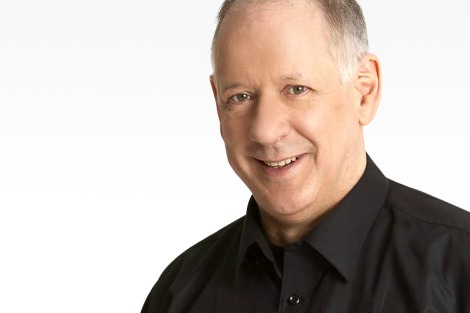
MEDIA
- Kasy Chambers
- 05 December 2016
21 Comments
There has been a slow trickle of news outlets in Australia winding back their coverage of religion over recent years. Some might argue that this is a good thing in a secular democracy, and that discussion of religion creates division. This however flies in the face of the overwhelming good that religious belief, and religious-based organisations, do in this country. Not to mention the fact that religion and ethics are a major part of the narrative of society, of how we live together and how we form a community.
READ MORE 
-

ENVIRONMENT
- Frank Brennan
- 28 November 2016
'No matter what the economic, political and legal problems confronted by modern day India, our response can be improved by an application of the key principles and norms developed in the international law of trade and human rights, helping to enunciate the realm of law, regulation and political accountability, enhancing public scrutiny providing the right environment for doing business.' Frank Brennan presents the 25th JRD Tata Oration, Xavier School of Management, Jamshedpur, India, 26 November 2016.
READ MORE
-
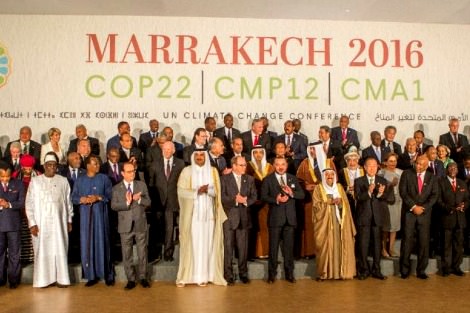
ENVIRONMENT
- Thea Ormerod
- 17 November 2016
9 Comments
The evangelical Christian vote no doubt assisted the climate-denying Trump to his election victory, yet it is remarkable how out-of-step it is with the general view of faith communities globally. This view was made abundantly clear the day after Trump's victory on 10 November, with the release of an Interfaith Statement in Marrakech, Morocco, and it should stand as a challenge to those in public life who continue to block climate action.
READ MORE 
-

AUSTRALIA
- Rachel Woodlock
- 15 November 2016
7 Comments
It is an enduring personal tragedy that I can never think of 'zinger' responses to hurled insults until having turned them over in my mind for some time. The white male hoon in his 20-year-old unroadworthy car has long-since roared away from the traffic lights after shouting some unremarkable and unoriginal statement: 'Go back to where you came from you [expletive] terrorist.' Kilometres later I'm ready to shout out: 'I would, but Doncaster East is becoming way too pricey for the likes of me.'
READ MORE 
-
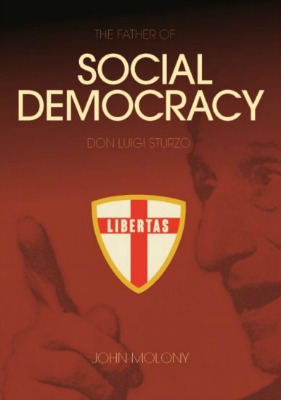
RELIGION
- Andrew Hamilton
- 25 October 2016
11 Comments
When surveying one's world it is always dangerous to forget the past. Australian historian John Molony's recent book about Italian priest and politician Luigi Sturzo is an accounting, showing how easily democracy, freedom and respect for human rights can be surrendered both by politicians and by the Catholic Church. It invites reflection on our situation today. The Italy in which Mussolini came to power and in which Sturzo operated has haunting similarities to today's world.
READ MORE 
-
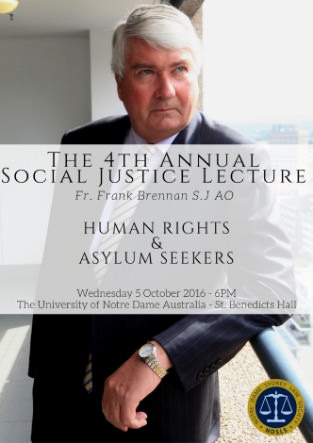
AUSTRALIA
- Frank Brennan
- 06 October 2016
8 Comments
Australia's policy is unique and unrepeatable by other nations because it requires that you be an island nation continent without asylum seekers in direct flight from the countries next door and that you have access to a couple of other neighbouring island nations which are so indigent that they will receive cash payments in exchange for warehousing asylum seekers and proven refugees, perhaps indefinitely. The policy over which Turnbull presides is not world best practice. It's a disgrace.
READ MORE